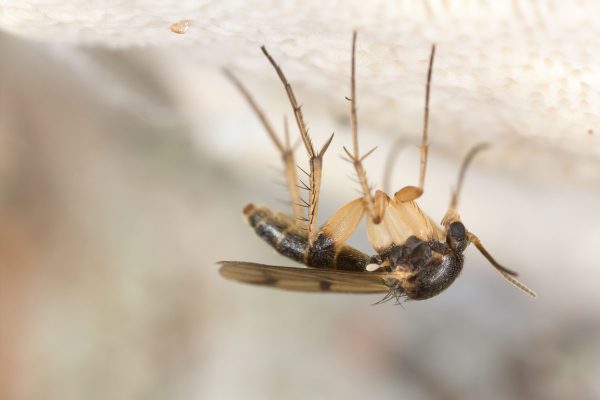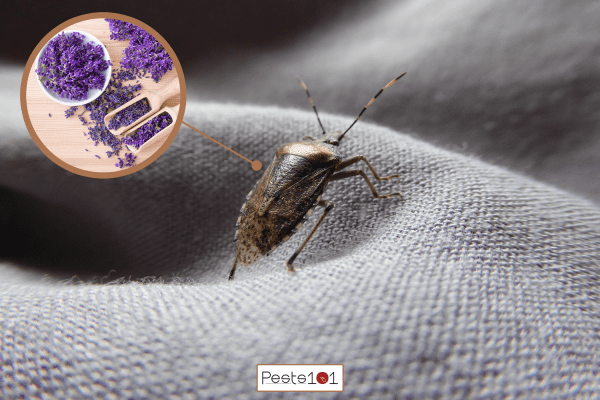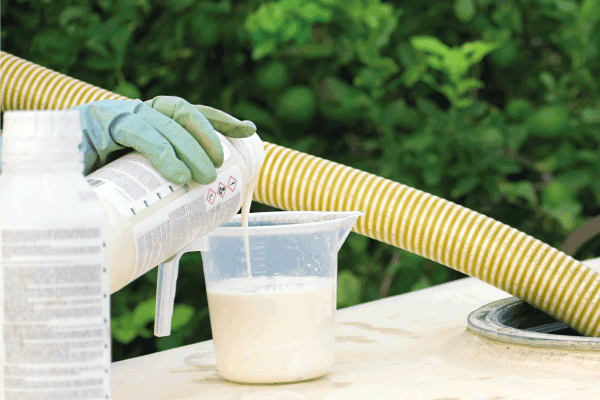If you want to get rid of earwigs in your yard or garden, you should extend your patience because they are pretty challenging to eliminate. There are many methods for removing earwigs, one of which is using vinegar. However, do you think it kills them? We asked some experts and did some research to help you find the answer to that.
If you want to eliminate earwigs, you can use white vinegar. They will feel a burning sensation when they get into touch with it, which kills them eventually. However, we don't recommend using apple cider vinegar since its aroma can be too sweet for earwigs, which will most likely attract them instead of eliminating them.
Aside from using vinegar, we also found additional valuable and effective natural earwig killers. Please keep reading to find them out! It would be best to get rid of earwigs immediately before they can produce more significant damage in your garden and yard. Enjoy reading!
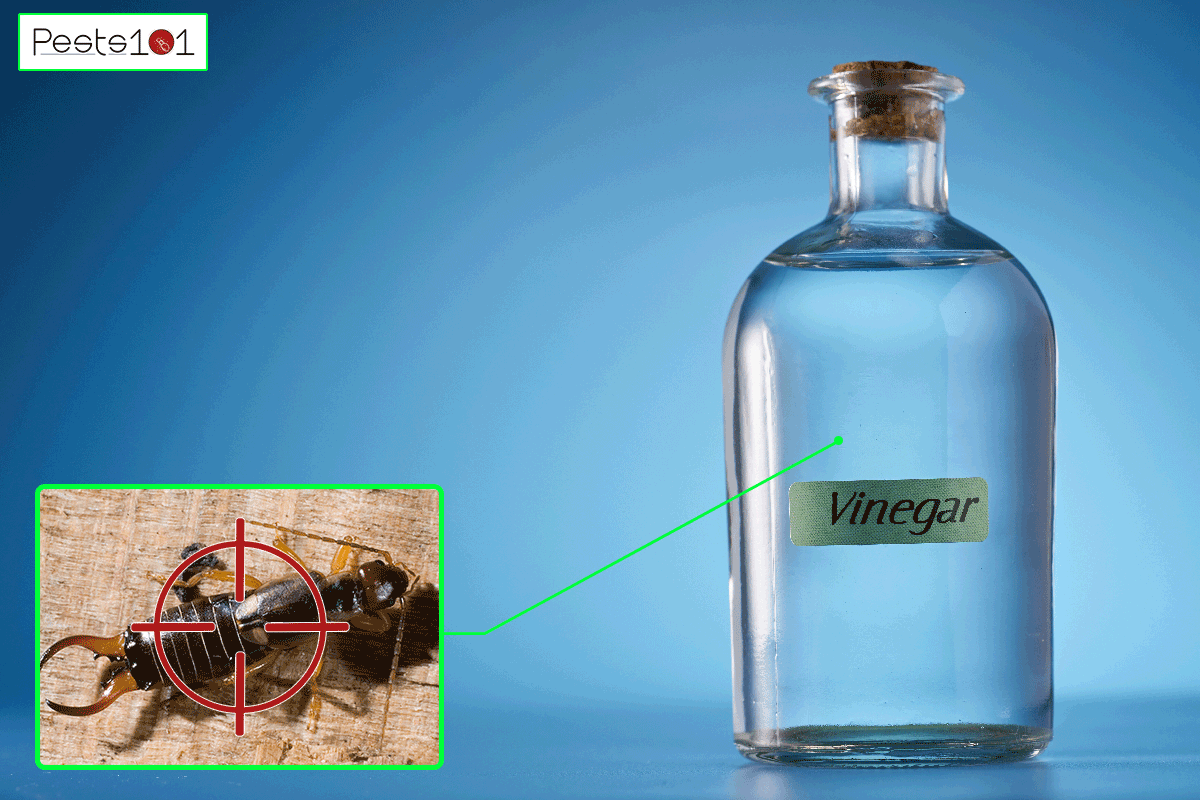
How To Get Rid Of Earwigs Naturally
Indeed, earwigs are annoying. But fortunately, they pose less of a hazard to you and your plants compared to other pests. And you also need to remember that they might emit a nasty smell when disturbed. So, you still need to be cautious around them. To stop them from bugging you, try these treatments to get rid of earwigs!
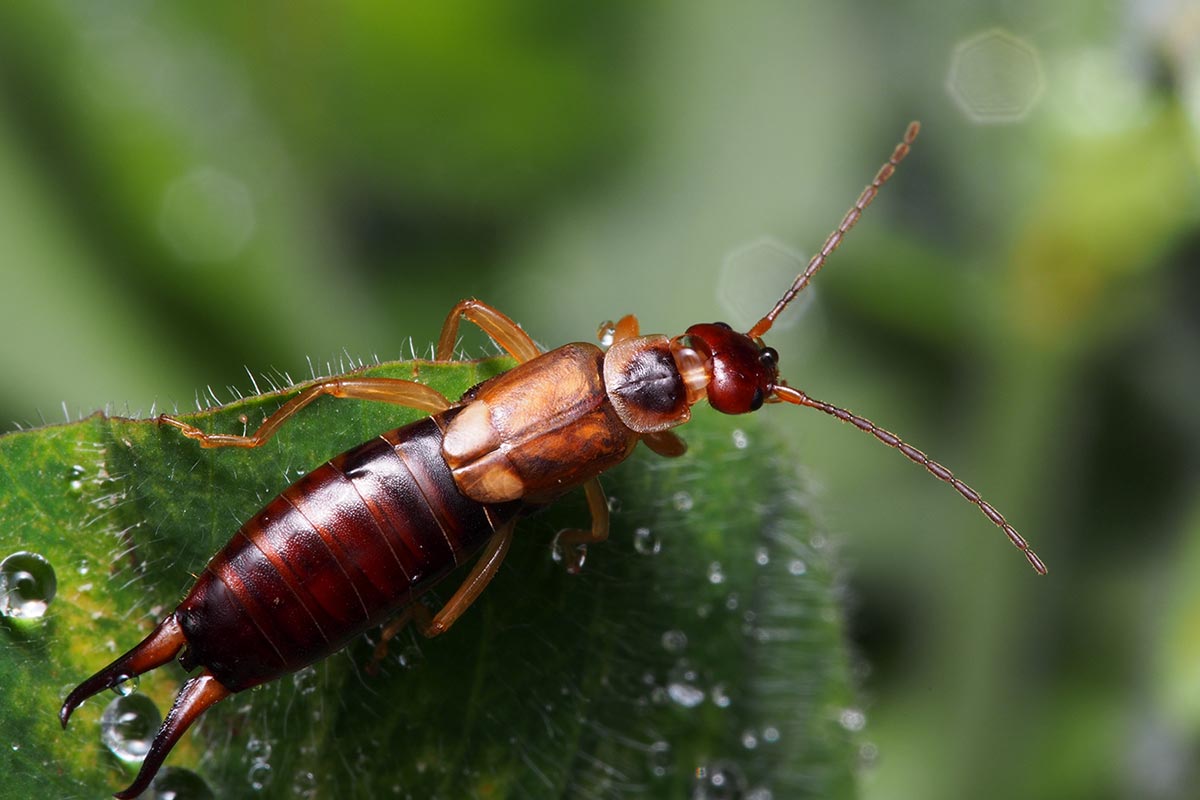
1. Vinegar
One of the most helpful household products is white vinegar. It is a fantastic repellant for nearly everything in addition to cleaning and disinfecting.
The pungent odor of vinegar is what keeps pests away. White vinegar even scares away more enormous animals like skunks. You can definitely use vinegar to get rid of those annoying earwigs or pincher bugs. The acid and overpowering smell of earwigs is what kills them. As we mentioned above, only use strong, white vinegar.
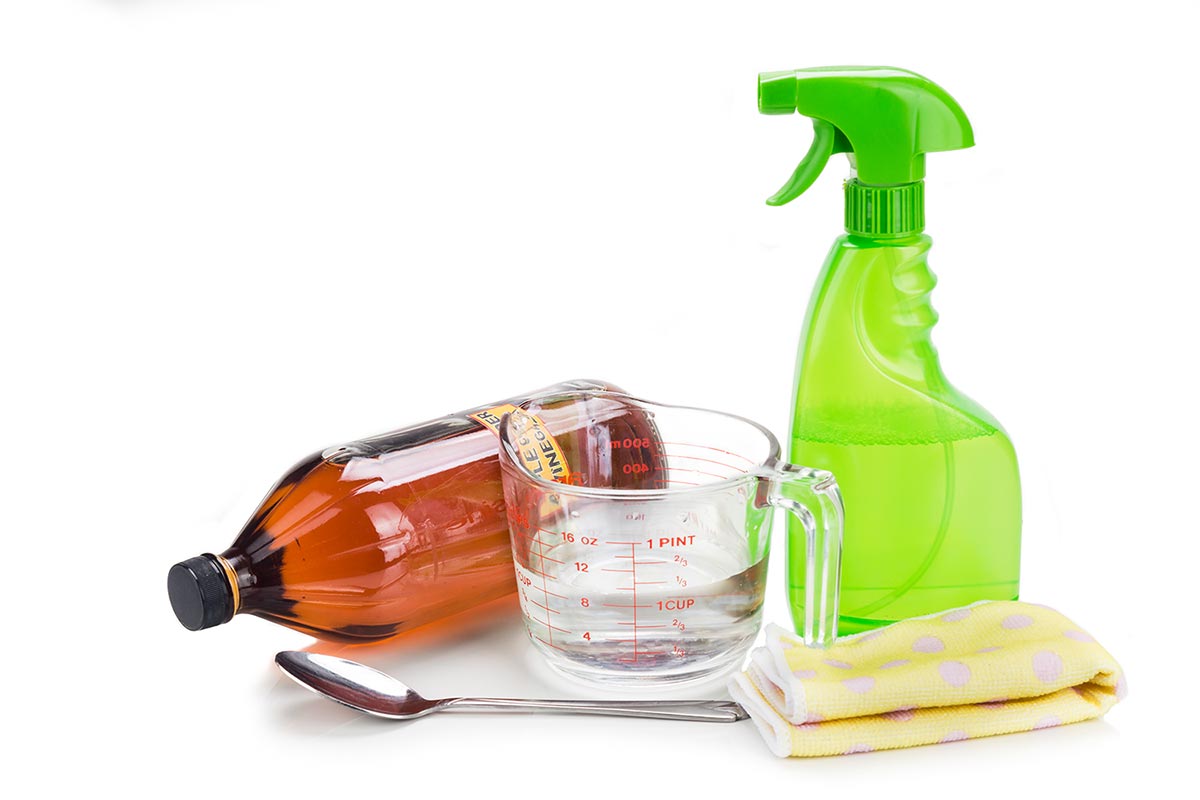
All you have to do is mix equal parts of white vinegar and water to create a solution, then transfer it into a spray bottle. Spray it to every earwig you see. As much as possible, avoid it getting in contact with plants since it may possibly burn them, too.
You can spray the vinegar solution to your window and door frames and in spots with cracks or crevices that they may use as their entrance.
2. Petroleum Jelly
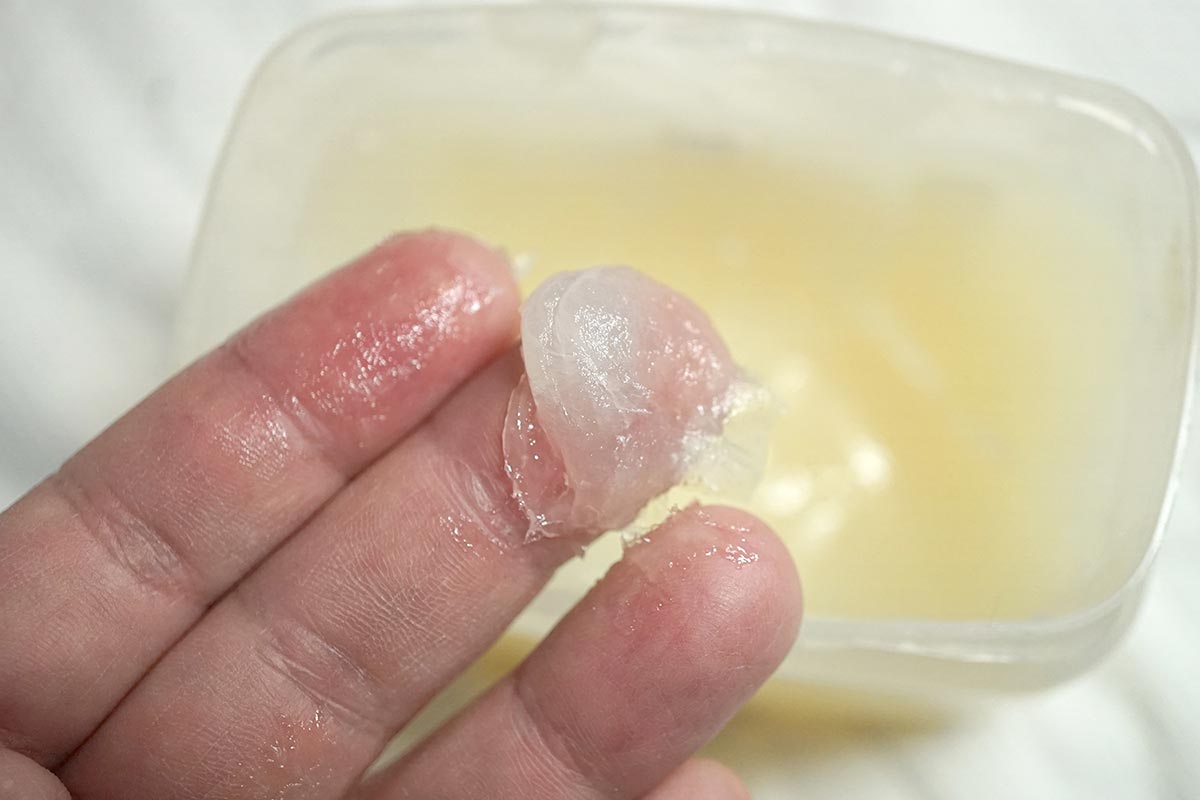
You can apply petroleum jelly all over the plant stems. You can deter earwigs with this because they won't dare crawl on top of it.
3. Borax
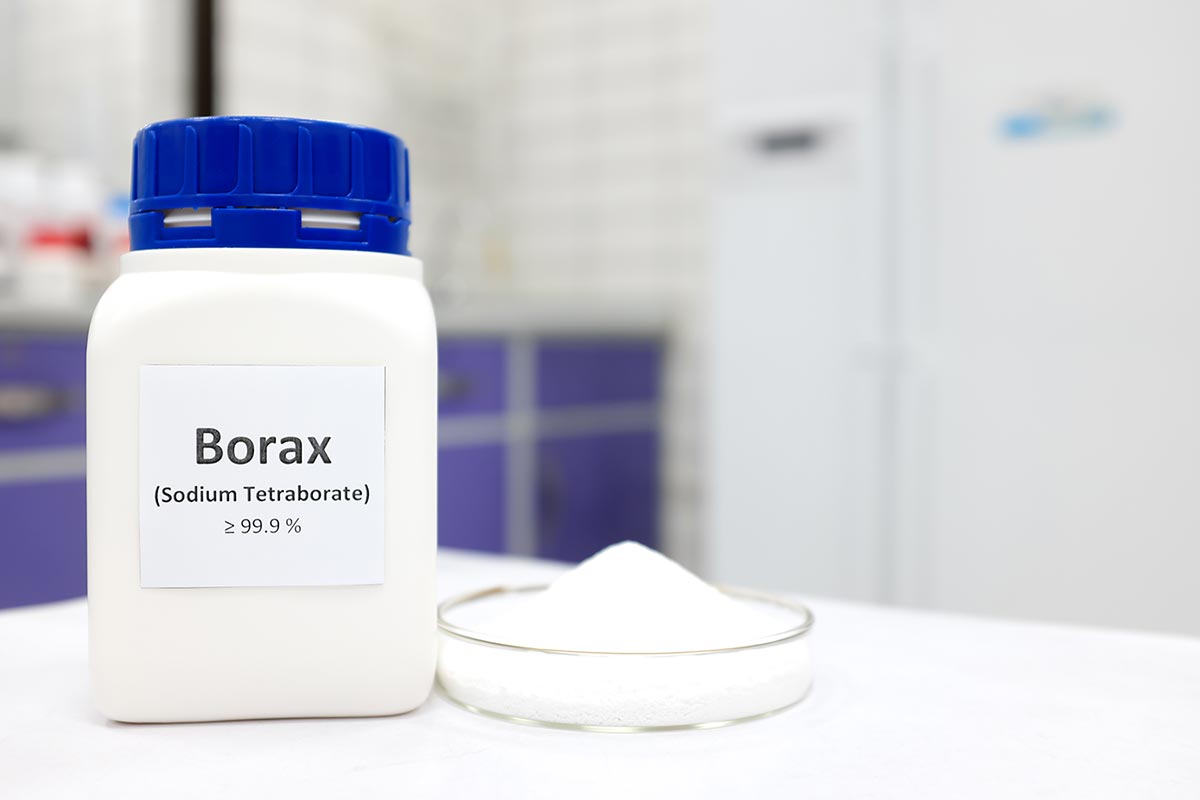
If these stubborn pests are infesting your woodpile, you might want to give them a lesson by spreading some borax all over it. However, before using it, ensure that you keep your kids and dogs away from the area.
Check out this Borax on Amazon.
4. Oil Pit Traps
Earwigs respond well to oil pit traps.
First, get a plastic container; a small size will do. You will need to mix equal parts of cooking oil and soy sauce in that container and cover it. After that, create holes near the lid and make it big enough to allow the earwigs to fit through.
And once you finish creating the trap, bury it in the ground. Ensure that the holes are just as level with the soil. This trap will attract the earwigs because they like the smell of the soy sauce. And they won't be able to escape because of the oil. As necessary, change the mixture.
5. Alcohol
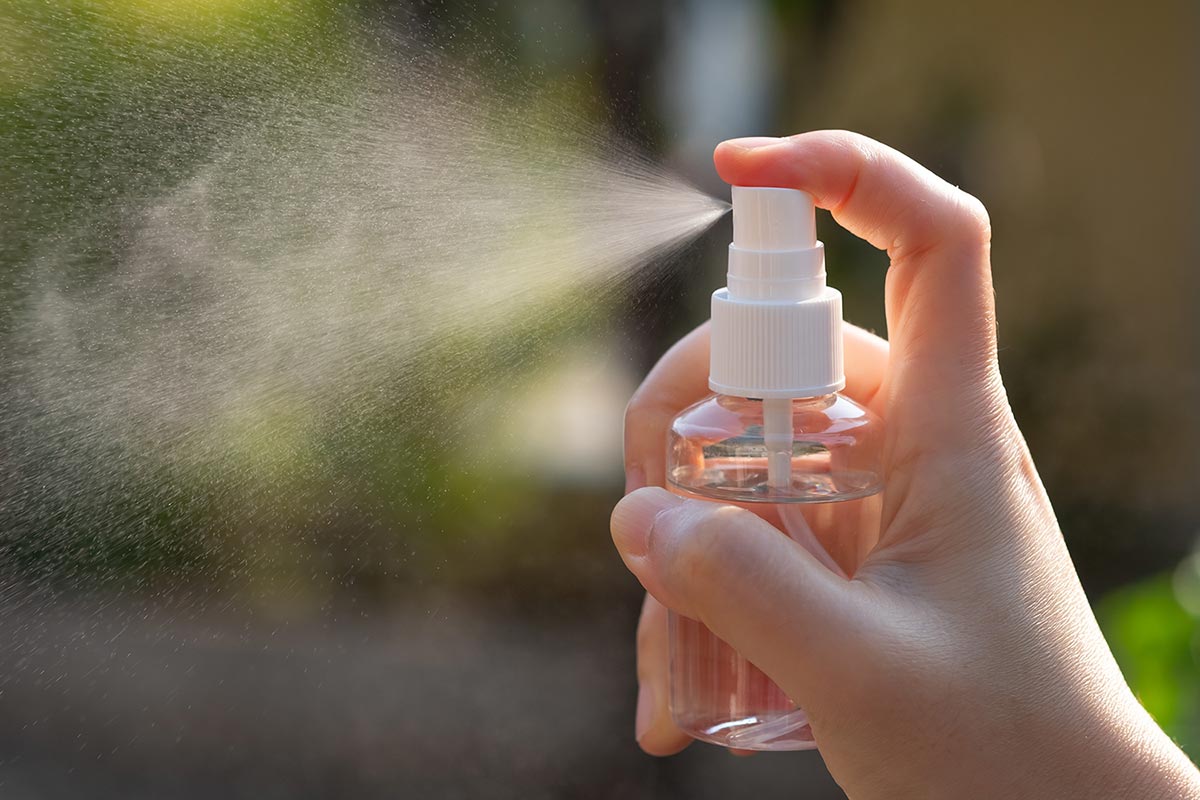
Alcohol kills insects in contact with the body by acting as a surfactant, which can pierce their waxy protective coating.
You can use rubbing alcohol (isopropanol), but you must ensure it is free from other chemicals. Additionally, grain alcohol (ethanol) works most effectively.
Mix equal parts water and 70% alcohol to create an insecticidal spray, or one-part alcohol to one and a half parts water if you're using 95% alcohol. Directly targeting the insects will let the spray reach them, which will make it more effective.
NOTE: You have to test the solution to one leaf first. Observe the leaf for 24 hours to determine if it reacts negatively. If it does, it would be best to add more water to the solution to make it milder. Retest after.
6. Diatomaceous Earth
If the soil is too dry, you can apply diatomaceous earth around the floor of your houseplants. However, you should avoid sprinkling diatomaceous earth near your plant's flowers because it can also eradicate pollinators. Additionally, it would be best not to use this during rainy conditions since it will be useless if it becomes wet.
Check out this diatomaceous earth on Amazon.
What Are The Signs Of Earwig Damage?
If you think you could have an earwig infestation, look for a few simple signs. Outside, leaves are the primary target of pincher bug damage.
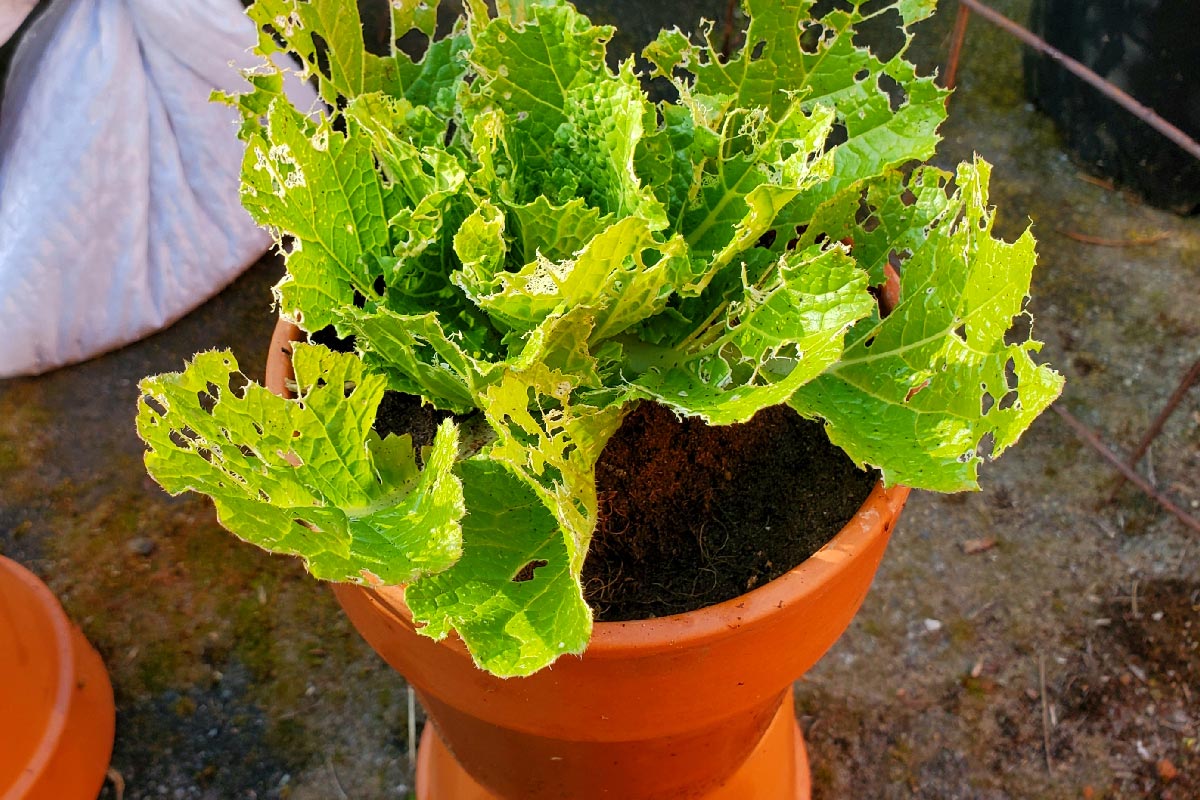
There are instances when you can find pincher bugs inside your house and note that your garden is where they exist mainly. Therefore, you need to address your garden first to stop them from reaching your indoor area.
Below are some of the methods you can perform to spot earwig damage:
1. Examine the plants in your yard or garden
In your garden or yard, you can confirm the existence of earwigs if there are numerous irregularly shaped holes. There are holes that are circular or oval.
Additionally, because earwig activity occurs at night, you'll observe that the holes seem to appear overnight
2. Look For Earwig Droppings
Another factor in confirming earwig infestations in plants is their droppings. So, if you notice some feces all over your plants, expect that these pests may have partially eaten them.
If it is a potted plant, you can look under it and see that they are hiding there. Moreover, we highly suggest being cautious when lifting the pot since earwigs may pinch you if they feel frightened.
3. Examine Plants After Every Rain
Because they detest water, earwigs will climb up and hide in the leaves of your plants.
They will be hiding there while waiting for the rain to stop. And in that case, earwigs will slowly consume the leaves of your plants. Earwigs are the pests that you have to blame for the significant damage you will witness after a downpour.
Are Earwigs Harmful?
Earwigs don't literally climb into sleeping people's ears as the mythology about them narrates. It is an entirely false narrative and is completely absurd.
Most people misinterpret earwigs. They are entirely harmless to us unless you threaten them. And if you do so, they will pinch you. But even then, their pinch hardly causes any harm. They are not poisonous, and neither do they inject venom. Moreover, they don't spread any illnesses.
Why Are There So Many Earwigs In My House?
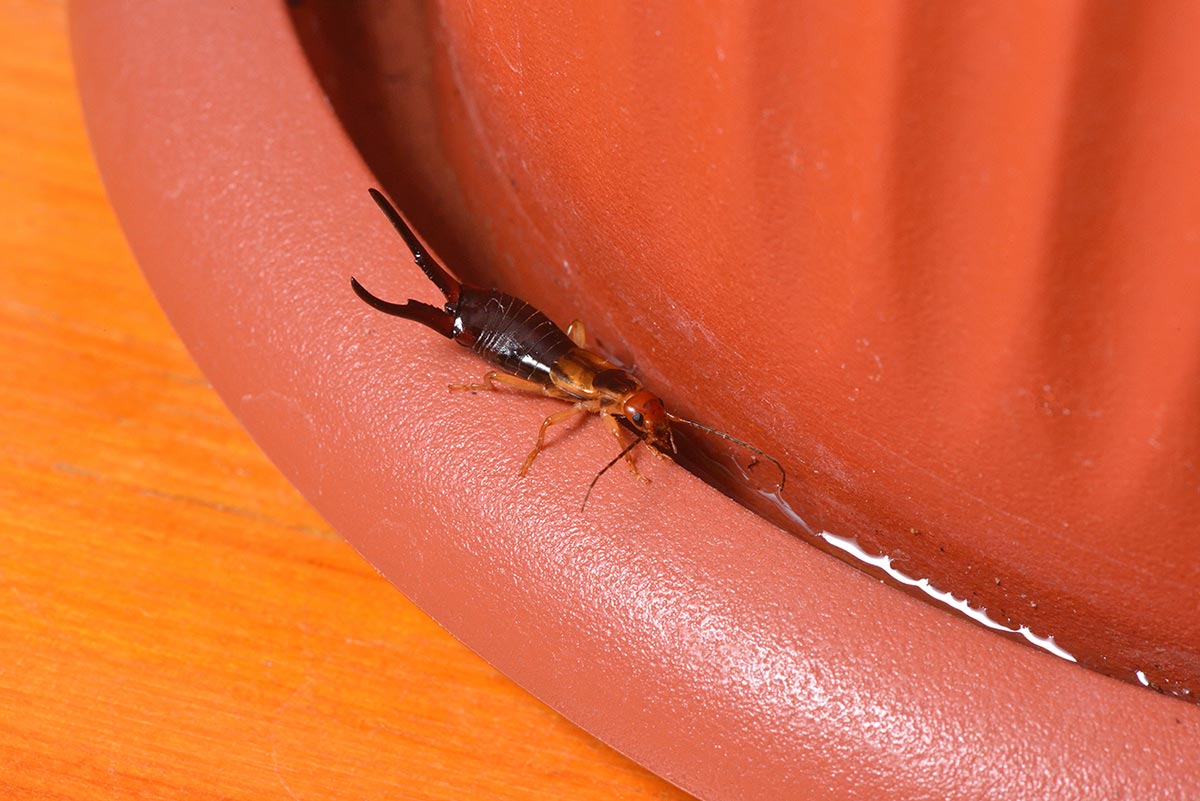
Earwigs love to be in places where they can seek moisture. So, we suggest you examine every corner of your home where you think there is moisture.
If you notice that they are already inside your house, you might want to check your indoor plants since those are consistent feeding supplies for them. In addition, they could also be sheltering from the inclement weather outdoors.
What are earwigs attracted to?
Dampness, food, and refuge in your home are all things that draw earwigs.
They usually don't live with people, but if the weather outdoors is too harsh for them to handle, they could get in via your doors or windows.
Why do I have earwigs in my bed?
It's possible that earwigs entered your bed while looking for food. They do not purposely enter beds or find beds engaging to stay in. On the other hand, if you frequently find pincher bugs in your bed, you might have an infestation.
To get rid of the earwigs in your bed or bedroom, cleaning your room first and changing your sheets would be best. Once you finish, you can use essential oils like peppermint or cinnamon. Creating DIY traps will also help.
Which months are earwigs active?
Earwig larvae appear in the springtime, usually between the months of May and June. They are exceptionally active during the warmer periods.
Many earwigs can be present in your house or yard during these months. It is typical given that they all hatch and develop as adults at roughly the same duration.
It's A Wrap
Once you see earwigs inside your home, garden, or yard, stopping their population from considerably growing would be best. Doing so will prevent them from harming your plants and save you the effort of finding and killing them one by one.
Thank you for reading! You can check the related posts below if you want more of our help. And feel free to leave a comment if you have more additional questions.
Does Boric Acid Kill Subterranean Termites?



